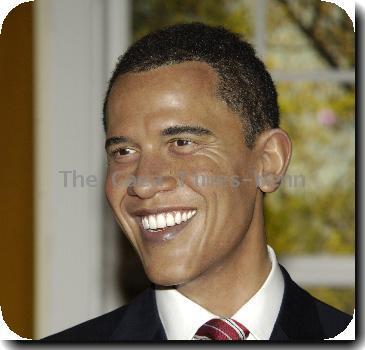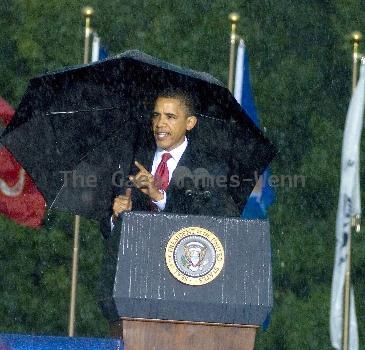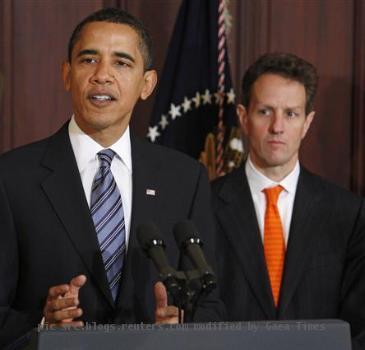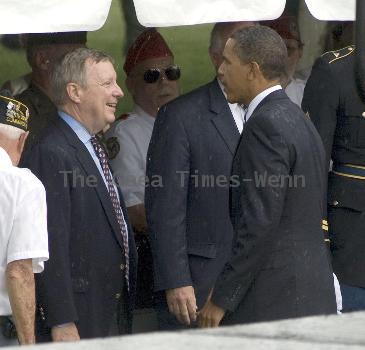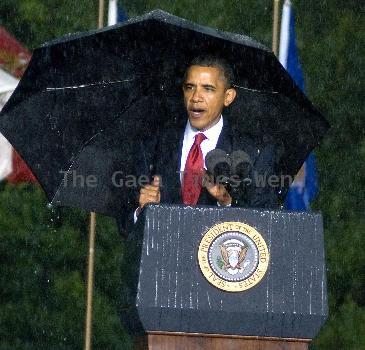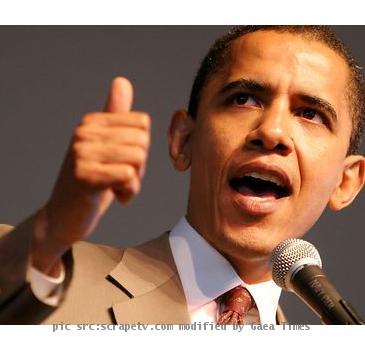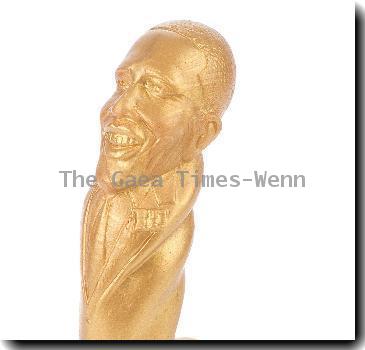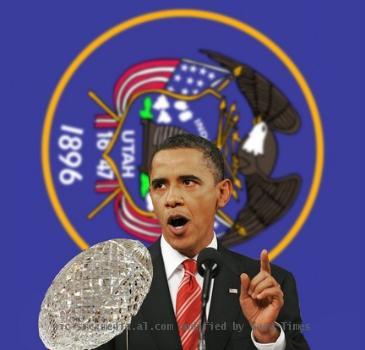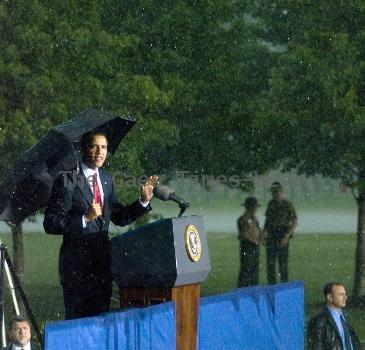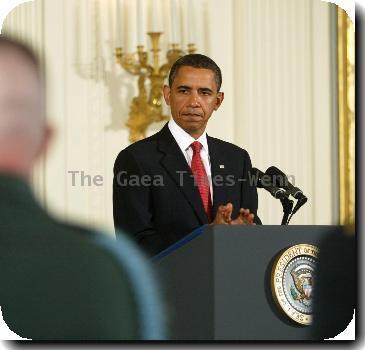Palestinian president seeks active U.S. mediation as Mideast talks resume in Washington
By APTuesday, August 31, 2010
Abbas seeks active US mediation in Mideast talks
RAMALLAH, West Bank — Palestinian President Mahmoud Abbas said Tuesday the success of talks aimed at forging a peace deal with Israel within a year will depend on how hard U.S. mediators push to break any deadlocks.
In one major challenge to the first direct talks between the sides in two years, Abbas warned it would be difficult to continue negotiating if Israel fails to extend a 10-month curb on West Bank settlement construction that ends in late September. Israeli Prime Minister Benjamin Netanyahu has not made a final decision.
President Barack Obama is hosting Abbas and Netanyahu at the White House on Wednesday, followed a day later by a first negotiating session, to be headed by U.S. Secretary of State Hillary Rodham Clinton.
Obama hopes to see a peace deal within a year. Expectations are low, given that Abbas and Netanyahu are far apart on key issues and face internal opposition.
The Palestinians want a state in the West Bank, Gaza and east Jerusalem — territories Israel captured in the 1967 Mideast War.
In previous negotiations with Netanyahu’s predecessor, Abbas agreed to minor border adjustments and a land swap that would enable Israel to keep some of its largest West Bank settlements but refused to share control over Jerusalem holy sites.
Netanyahu says he will not relinquish east Jerusalem and has not spelled out his vision for the future border between Israel and a Palestinian state.
Abbas told reporters accompanying him to Washington that he hopes for an active U.S. role in the talks. He said that if the two sides reach a deadlock, the Obama administration should “present bridging proposals to bridge the gap between the two positions.”
The Palestinian president said the one-year deadline is reasonable because many of the issues have already been discussed in previous rounds. “If there is goodwill, then it (one year) is more than enough,” he said. “Everything is clear.”
Netanyahu refuses to pick up where negotiations left off in December 2008 between Abbas and then-Israeli Prime Minister Ehud Olmert, who was more moderate than Netanyahu.
The most immediate threat to negotiations is the renewed impasse over Israeli settlement construction.
Netanyahu is under pressure from his right-wing Likud Party and hawkish coalition partners to resume building inside West Bank settlements when the 10-month freeze on housing starts ends Sept. 26.
Abbas argues that there is no point in negotiating the borders of a Palestinian state if expanding settlements pre-empt the outcome. About half a million Israelis now live in settlements in the West Bank and east Jerusalem, making partition increasingly difficult. The settlements are deemed illegal by the international community.
“If they (the Israelis) refuse to extend the stopping of settlement activities, then it will be difficult for us to continue the negotiations,” Abbas said Tuesday. Earlier this week, he said he would quit the talks for certain if the freeze isn’t extended.
On Tuesday, 35 Israeli authors, including Amos Oz, expressed support for a group of actors and playwrights who announced this week they would not perform in a West Bank settlement. About 150 academics also declared their refusal to teach in the settlements.
Netanyahu has rejected the boycott calls, saying they play into the hands of what he called international efforts to “delegitimize” Israel’s existence.
Tags: Barack Obama, Deadline, District Of Columbia, Israel, Jerusalem, Middle East, Mideast-talks, North America, Palestinian Territories, Ramallah, Territorial Disputes, United States, West Bank
